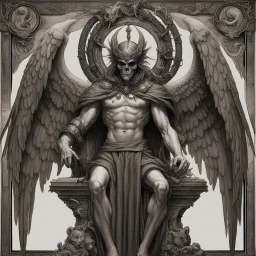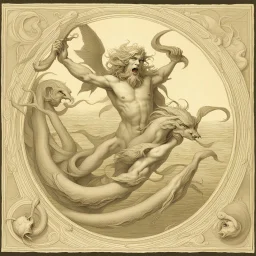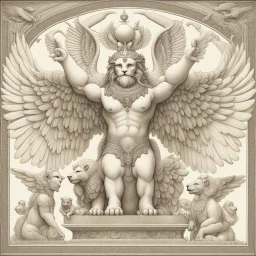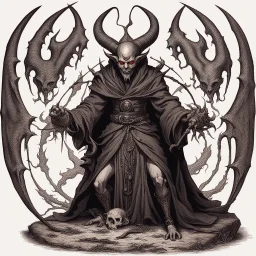
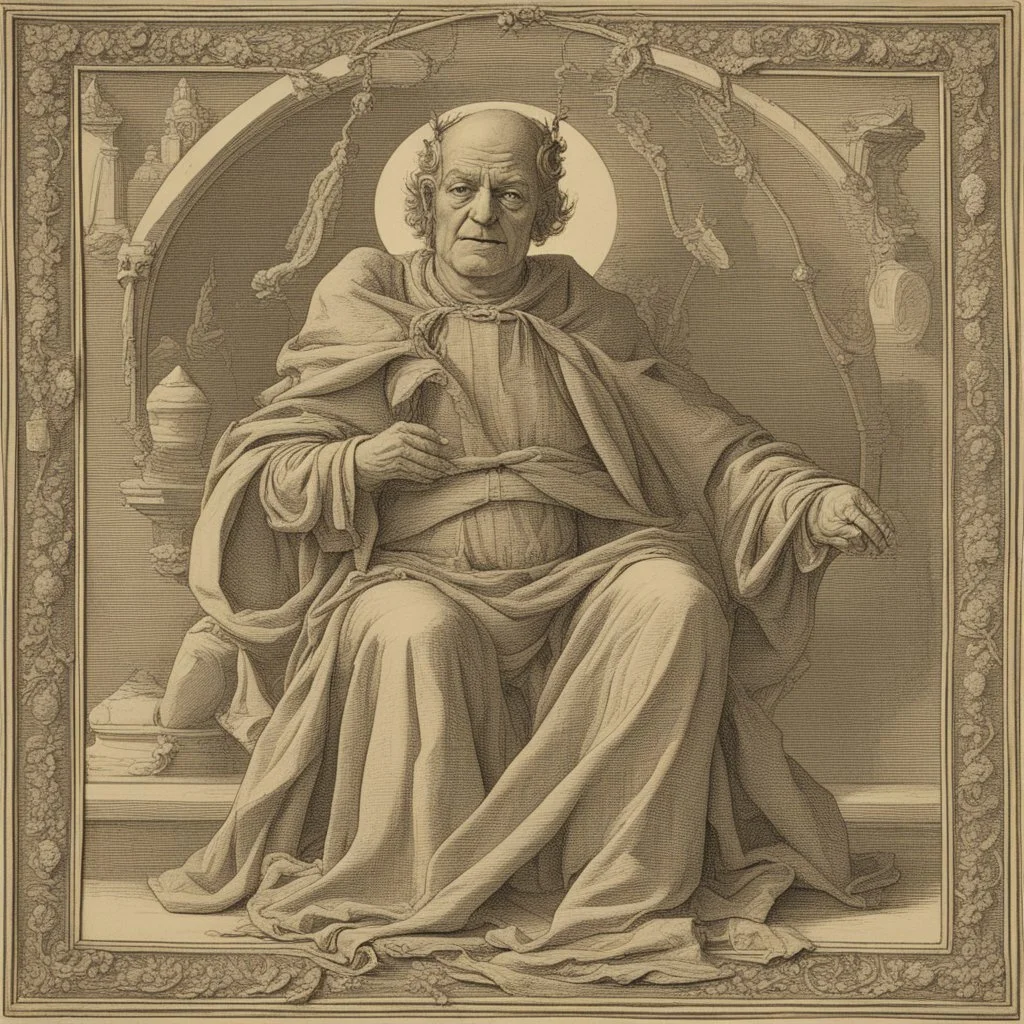
@Scottk817
Prompt
During the Middle Ages, Mammon was commonly personified as the demon of wealth and greed. Thus Peter Lombard (II, dist. 6) says, "Riches are called by the name of a devil, namely Mammon, for Mammon is the name of a devil, by which name riches are called according to the Syrian tongue." Piers Plowman also regards Mammon as a deity. Nicholas de Lyra, commenting on the passage in Luke, says: "Mammon est nomen daemonis" (Mammon is the name of a demon).
2 years ago
Model
SDXL
Guidance Scale
7
Dimensions
1024 × 1024
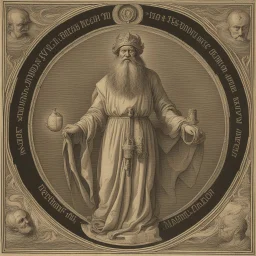
![Mercury (/ˈmɜːrkjʊri/; Latin: Mercurius [mɛrˈkʊrijʊs] ⓘ) is a major god in Roman religion and mythology, being one of the 12 Dii Consentes within the ancient Roman pantheon. He is the god of financial gain, commerce, eloquence, messages, communication (including divination), travelers, boundaries, luck, trickery, and thieves; he also serves as the guide of souls to the underworld[2][3] and the "messenger of the gods". In Roman mythology, he was considered to be either the son of Maia, one of th](https://img.stablecog.com/insecure/256w/aHR0cHM6Ly9iLnN0YWJsZWNvZy5jb20vMGEyOGE1MGYtM2UzZi00YTI3LThjOTUtMTE0MTNkMmUyOGZjLmpwZWc.webp)
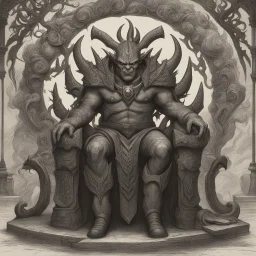
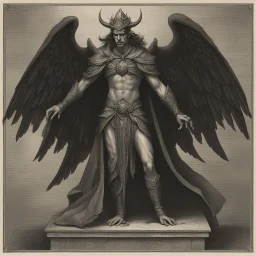
![Belial is a Hebrew word "used to characterize the wicked or worthless". The etymology of the word is often understood as "lacking worth",[4] from two common words: beli- (בְּלִי "without-") and ya'al (יָעַל "to be of value"). Some scholars translate it from Hebrew as "worthless" (Beli yo'il), while others translate it as "yokeless" (Beli ol), "may he have no rising" or "never to rise" (Beli ya'al). Only a few etymologists have believed it to be an invented name from the start.[5] The word occu](https://img.stablecog.com/insecure/256w/aHR0cHM6Ly9iLnN0YWJsZWNvZy5jb20vZmNiZWUzNDUtY2QxOC00NThiLTg1NTgtZWIzODY2MjUwZDNlLmpwZWc.webp)
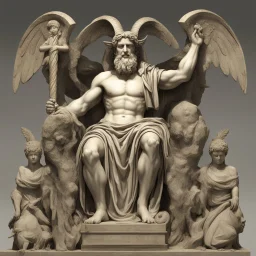
![In demonology: In Belial is a Hebrew word "used to characterize the wicked or worthless". The etymology of the word is often understood as "lacking worth",[4] from two common words: beli- (בְּלִי "without-") and ya'al (יָעַל "to be of value"). Some scholars translate it from Hebrew as "worthless" (Beli yo'il), while others translate it as "yokeless" (Beli ol), "may he have no rising" or "never to rise" (Beli ya'al). Only a few etymologists have believed it to](https://img.stablecog.com/insecure/256w/aHR0cHM6Ly9iLnN0YWJsZWNvZy5jb20vNGVjZWQzY2ItNmQyNi00YTNmLWE0YWQtMjk0ODM4Y2VlZWY2LmpwZWc.webp)
![In Demonology Mercury (/ˈmɜːrkjʊri/; Latin: Mercurius [mɛrˈkʊrijʊs] ⓘ) is a major god in Roman religion and mythology, being one of the 12 Dii Consentes within the ancient Roman pantheon. He is the god of financial gain, commerce, eloquence, messages, communication (including divination), travelers, boundaries, luck, trickery, and thieves; he also serves as the guide of souls to the underworld[2][3] and the "messenger of the gods".](https://img.stablecog.com/insecure/256w/aHR0cHM6Ly9iLnN0YWJsZWNvZy5jb20vY2U4MGU3YTgtYTg5My00NTdlLTg2OTgtNWY3NTFkNmJiNDQ1LmpwZWc.webp)
